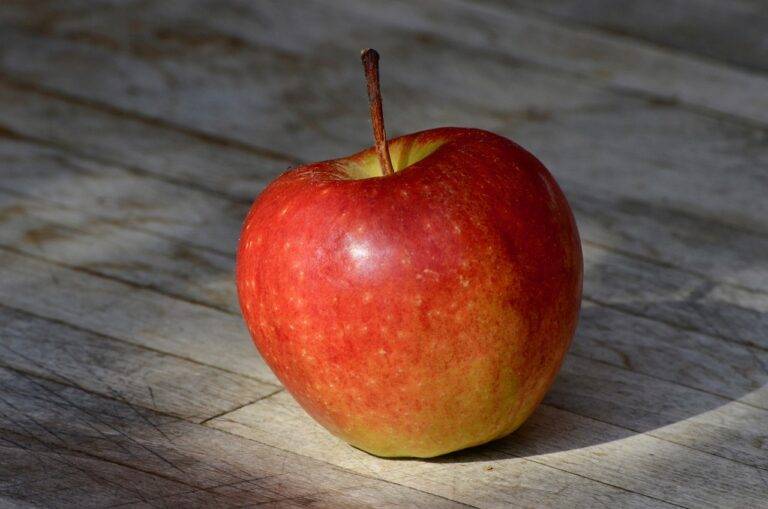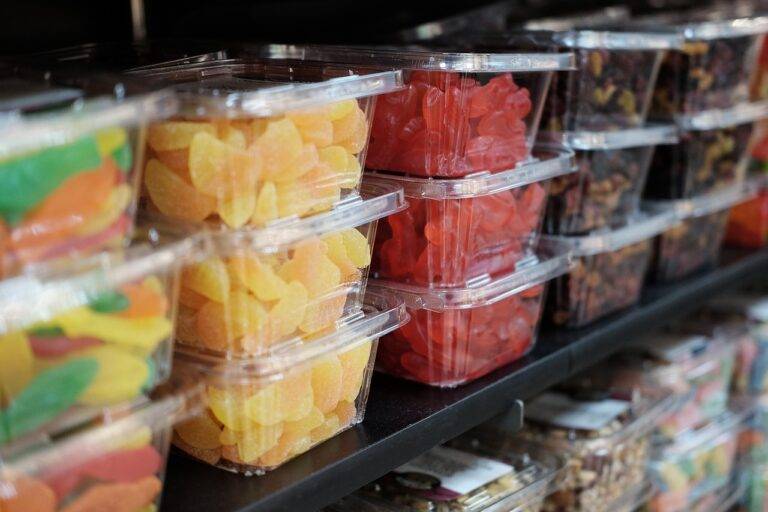How Blockchain is Revolutionizing Food Traceability
Blockchain technology has been gaining traction in various industries for its ability to improve transparency, security, and efficiency in data management. One area where blockchain is making a significant impact is in the food industry, particularly in food traceability. In this article, we will explore how blockchain is revolutionizing food traceability and the benefits it brings to consumers, producers, and regulators alike.
The Problem with Current Food Traceability Systems
Food traceability is the ability to track the movement of food products from farm to table. In the current food supply chain, traceability is often a challenge due to the complexity and lack of transparency in the process. Traditional methods of tracking food products rely on paper-based records, which are prone to errors, fraud, and inefficiencies. This can lead to issues such as food fraud, contamination, and supply chain disruptions.
How Blockchain Works
Blockchain is a decentralized, distributed ledger technology that allows for the secure and transparent recording of transactions across a network of computers. Each transaction is recorded in a “block” and linked to the previous block, forming a chain of blocks. This ensures that the data stored on the blockchain is tamper-proof and immutable.
Benefits of Blockchain in Food Traceability
Blockchain technology offers several benefits for improving food traceability:
Transparency
Blockchain provides a transparent and verifiable record of every transaction in the supply chain. This allows consumers to trace the origin of a food product and verify its authenticity.
Security
Blockchain utilizes cryptography to secure transaction data, making it virtually impossible for hackers to alter or delete information. This ensures the integrity of the data stored on the blockchain.
Efficiency
By streamlining the tracking of food products, blockchain reduces the time and resources required to trace the origin of a product. This leads to faster response times in the event of a food safety issue.
Compliance
Blockchain helps food producers and distributors comply with regulatory requirements by providing a reliable and auditable record of food traceability. This can help simplify the process of meeting food safety standards.
Case Studies of Blockchain in Food Traceability
Several companies and organizations have already implemented blockchain technology in their food traceability systems:
Walmart
Walmart has partnered with IBM to pilot a blockchain system for tracking mangoes in the supply chain. This system has helped Walmart improve traceability and reduce the time it takes to trace the origin of mangoes from weeks to seconds.
Carrefour
Carrefour has implemented blockchain technology in its supply chain to track the origin of its free-range chickens. This has allowed Carrefour to provide transparent information to consumers about the welfare of the chickens and the conditions in which they were raised.
Challenges and Future Outlook
While blockchain technology holds great promise for improving food traceability, there are still challenges that need to be addressed. These include the cost of implementation, interoperability with existing systems, and scalability issues. However, as more companies adopt blockchain technology and standards are established, we can expect to see greater adoption and innovation in food traceability.
FAQs
What is food traceability?
Food traceability is the ability to track the movement of food products from farm to table. It involves documenting the origin, processing, and distribution of food products to ensure their safety and authenticity.
How does blockchain improve food traceability?
Blockchain technology provides a transparent, secure, and efficient way to track food products in the supply chain. By recording every transaction on a decentralized ledger, blockchain ensures the integrity and authenticity of the data, making it easier to trace the origin of a food product.
What are the benefits of blockchain in food traceability?
Blockchain technology offers several benefits for improving food traceability, including transparency, security, efficiency, and compliance. By providing a verifiable record of transactions in the supply chain, blockchain helps build trust among consumers and stakeholders.







